
Ask most people to name a figure from ancient Egypt, and there's a high chance that they will say Tutankhamun. However, prior to the discovery of his lavish tomb in the early 20th century, virtually all knowledge of the so-called Boy King and his brief reign had been lost to history. The reason for this obscurity lies in the controversial era through which he lived. Born during the New Kingdom (c1550-1075 BC), a period when Egyptian civilisation reached its zenith both culturally and territorially, Tutankhamun was a member of the ruling 18th Dynasty, a bloodline that boasted some of Egypt's most renowned rulers, including the female pharaoh Hatshepsut and his grandfather, Amenhotep III.
Despite this impressive lineage, the Boy King entered a world where the traditions that had defined Egyptian civilisation for centuries were in disarray. Prior to his birth, the pharaoh known as Akhenaten had banished most of Egypt's extensive pantheon of gods and goddesses, replacing them with the worship of a new solar deity known as the Aten (meaning 'sun-disc'). Akhenaten persecuted the powerful cult of Amun based in Thebes and moved the royal court to an area of Middle Egypt unconnected to any other divinity. This new capital city, known today as Tell el-Amarna, was named Akhetaten ('horizon of the Aten') and became the centre of Akhenaten's revolution. It was here that the young Tutankhamun was likely born in the middle of the 14th century BC.
Esta historia es de la edición November 2023 de BBC History Revealed.
Comience su prueba gratuita de Magzter GOLD de 7 días para acceder a miles de historias premium seleccionadas y a más de 9,000 revistas y periódicos.
Ya eres suscriptor ? Conectar
Esta historia es de la edición November 2023 de BBC History Revealed.
Comience su prueba gratuita de Magzter GOLD de 7 días para acceder a miles de historias premium seleccionadas y a más de 9,000 revistas y periódicos.
Ya eres suscriptor? Conectar
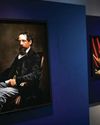
'Dickens's evocation of the fears, excitement and confusion of childhood is peerless'
DR LEE JACKSON ON WHY CHARLES DICKENS REMAINS RELEVANT TODAY
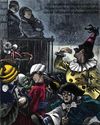
THE AUTHOR GOES ABROAD
Dickens expanded his horizons and boosted his fan-base by venturing overseas - but global fame came with a cost
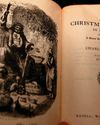
REVIVING THE FESTIVE SPIRIT
A Christmas Carol wasn't just a bestseller - it changed the way that Britons chose to mark the festive season
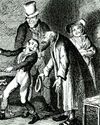
GIVING THE POOR A VOICE
From Hard Times to Oliver Twist, Charles Dickens used his pen to help illuminate the lives of the less fortunate
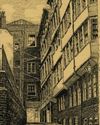
A JOURNEY THROUGH DICKENS'S LONDON
The works of Charles Dickens are synonymous with visions of Victorian London. We talk to Dr Lee Jackson about the author's love of the capital, and the locations that most inspired him
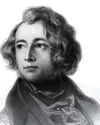
EXCEEDING EXPECTATIONS
Dr Lee Jackson chronicles Charles Dickens's journey from down-at-luck teenager to titan of Victorian literature

GIFTS, TREES & FEASTING
We take a journey through the photo archives to reveal how Christmas and its many traditions have been celebrated over the years - and around the world
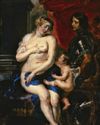
WHAT GREAT PAINTINGS SAY
We explore the story behind an allegorical painting that celebrates the triumph of love over hate, peace over war
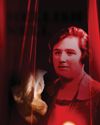
HELLISH NELL
Malcolm Gaskill delves into the life of Helen Duncan - the fraudulent Scottish medium whose ectoplasm-filled seances saw her ending up on the wrong side of the law

7 THINGS YOU (PROBABLY) DIDN'T KNOW ABOUT THE WHITE HOUSE
Presidential historian Dr Lindsay M Chervinsky reveals some of the most surprising facts about the world-famous US residence